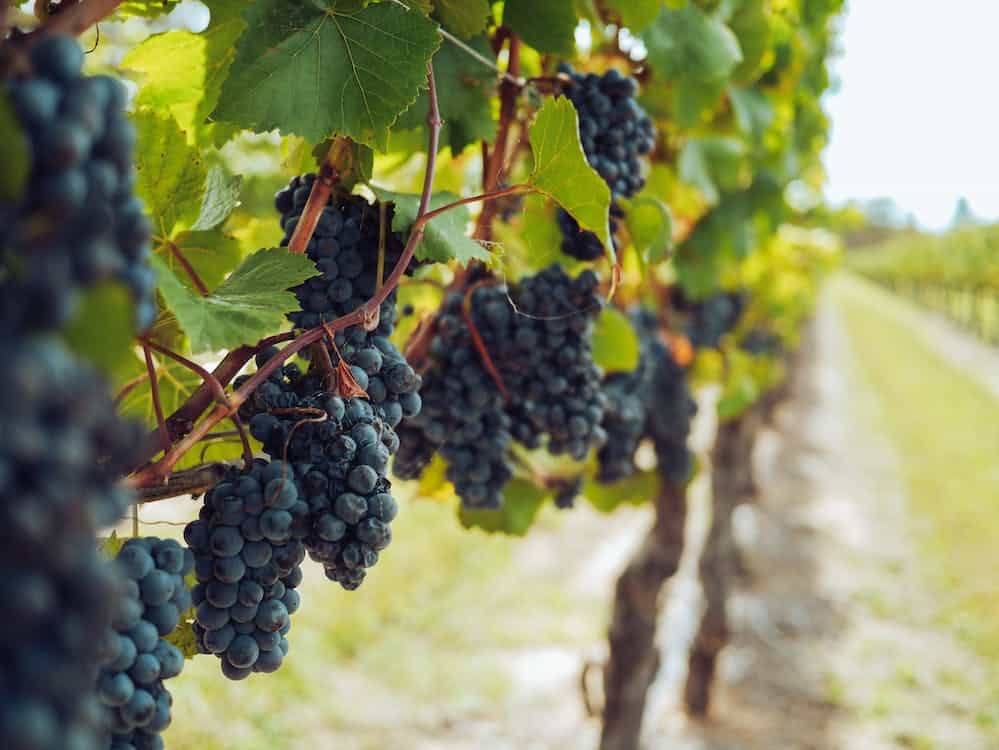Knowledge is power and being a wine connoisseur requires a fair amount of it. We answer some of the most asked wine questions today to help you gain a better understanding of the tipple in your glass.
What are sulphites and are they dangerous?
Wine sulphites are naturally occurring chemical compounds in all wines, created during the fermentation process. These are sometimes added by the winemaker to preserve the wine’s character and flavour, owing to the antimicrobial and antioxidant properties of sulphur dioxide. Sulphites are not dangerous but may cause mild allergic reactions like headaches in some people.
What are natural wines? Aren’t all wines natural?
The simple definition of natural wine is pure wine made from unadulterated fermented grape juice. The grapes are hand-harvested and free of chemical pesticides or fertilizers. Native yeast is used for fermentation. No flavour-altering additives like sugar or acids are used in the production. In fact, unlike conventional winemaking, natural winemaking steers clear of technical intervention. Natural wines are often cloudy in appearance with distinctive yeasty aromas, resembling sour beer or kombucha in taste.
What are alcohol-free wines?
Low-alcohol or alcohol-free wines are regular wines that have had their alcohol removed. These are produced by creating wines through vinification and fermentation, removing their alcohol content by using a spinning cone, and adding sugar or grape juice to the resulting liquid. Alcohol-free wines are growing in popularity and could be a $10 billion market by 2027.
What are biodynamic wines?
Labels such as natural, organic, and biodynamic all sound similar, and while there are some overlaps, there are specific differences as well. Biodynamic wines follow the ideology that vineyards must be harmonious and balanced, farming practices must aim to protect and nurture the land, and no synthetic intervention must be used. Biodynamic farming is a supercharged form of organic farming, and involve practices like crop rotation, soil supplements, and planting calendars based on astrological configurations.
How do I use a corkscrew to open a bottle of wine?
There are at least a dozen types of corkscrews in the market, from winged to electric, but the basic technique is the same for all of them. Screw the metal spiral or ‘worm’ of the corkscrew sufficiently deep into the bottle’s cork and then use it to gently pull out the cork while holding the bottle steady. A simple T-shaped corkscrew, a wine key, and a winged corkscrew are the most common types of this tool.
How long does wine last after being opened?
An open bottle of wine will generally last for 1-5 days, depending on the type of wine and the amount of oxygen it has been exposed to. Red wines will generally retain some freshness for 2-3 days after opening, while white wines last up to 3-5 days. Sparkling wines will last 1-3 days if stored correctly after opening. Wines with higher acidity last longer due to low pH and slow oxidation. Wines with higher alcohol content also tend to remain fresh longer. There are ways to store an open bottle of wine that preserve its freshness for an extended period of time.
How to pair wine with food like an expert?
While there are some classic wine and food pairings, experts agree that pairings should be adjusted to personal taste. Begin by identifying the basic tastes in your dish, like salt, sweet, acid, bitter, fat, and spice, and their varying intensity. For a contrasting or complementary pairing, opt for wines with contrasting flavours. For a congruent pairing, choose a wine with similar tastes or flavours as the food. Usually, a white, rosé, or sparkling wine will create a contrasting pairing, while red wines tend to create congruent pairings.
Is drinking wine good for you? How can you maintain a balance between health and wine?
Wine offers several health benefits if you drink it in moderation. For instance, red wine is linked to resveratrol, a powerful antioxidant, which helps lower the risk of some diseases and heart inflammation. It is also possible to maintain a balance between wine intake and a healthy life. Be mindful of the calories, eat before you drink, watch what you eat and when you drink, drink in moderation, exercise regularly, and take supplements.
Is it dangerous to drink cheap wine?
There is no right or wrong answer to this. While the quality of expensive wine is going to be significantly better, with finer oak, time and terroir traits, many cheap wines are made from the same grapes as expensive wines and are completely safe to drink. However, they may not taste as fine as expensive wine. But thanks to modern winemaking techniques, it is possible for cheap wine to be good, and there are many wines under $20 in the market that deserve attention.
How do you invest in wine while on a budget?
You don’t need to spend a whole lot of money to invest in wine, especially if you’re willing to start small. Do your research into the wine market and seek expert advice to make the most of your investment. It is a good idea to invest in lesser-known but recognisable wines that are gaining in prestige, instead of splurging on traditional investment-grade wines. Set your sight on the long-term and hold your wine to get the maximum value for your bucks.

